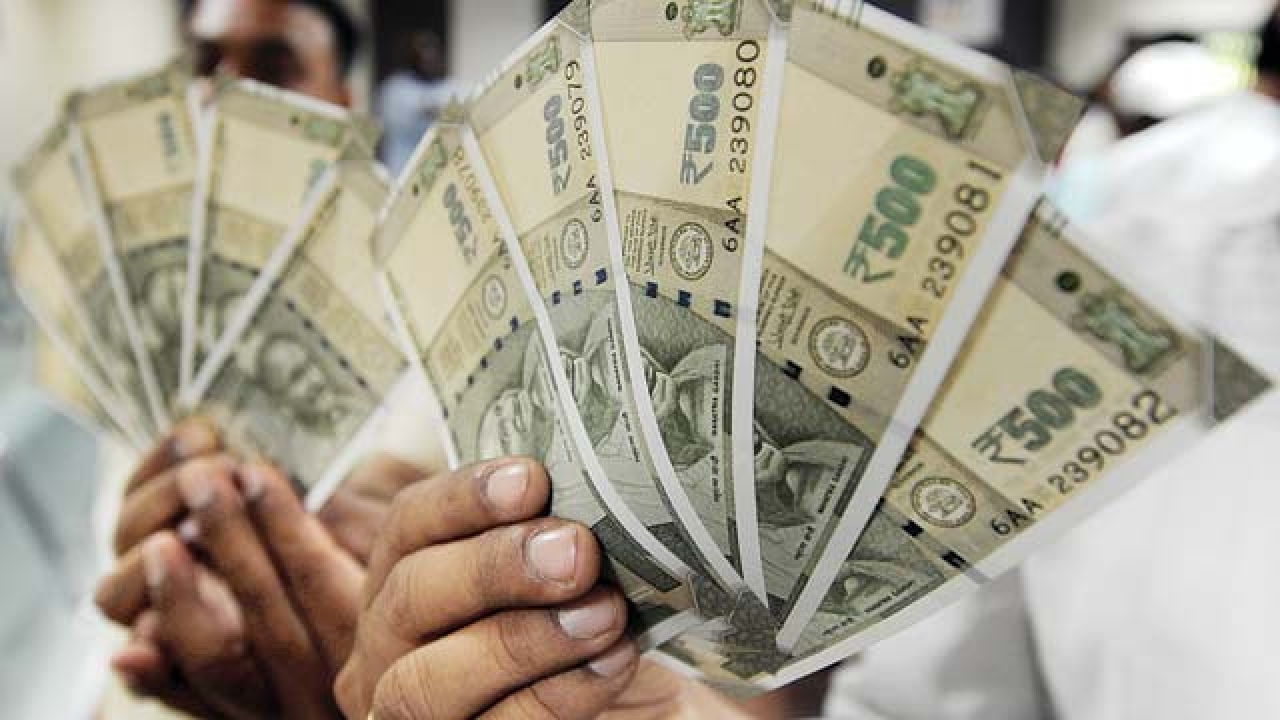A Comprehensive Guide to Understand Money Laundering in India
Aadil Saif 17 February 2020
Legalizing the illegal is the shortest and crisp one-liner describing money laundering. Heard the statement ek number ki kamai hai ya do number ki? This must have kept your mind ticking what is this ek number and do number! Ek number is legal and do number isn’t. To elaborate, not all the means by which money is earned or gets circulated are legal in the eyes of law. A parallel economy runs in India which is the result of the illegal channels by which money is pumped in the system and efforts are made at every stage to make this illegal money get the legal status.
What is Money Laundering?
Money laundering is concealing the point of origination of the money illegally obtained which is either through transfers from foreign banks or are the proceeds of illegitimate business. Disguising the money generated for criminal activities like drug trafficking or terrorism comes under the definition of illegal money. It is a crime which is a punishable offence under the law and over the years the law has become stringent.
Money launderers (people who manipulate illegal money) have found out numerous ways and means to make illegally obtained funds look clear through online banking and crypto-currencies.
What are the Stages of Money Laundering?
If you think dealing with illegitimate cash is an easy-breezy task, you are mistaken. It requires skill and expertise to channelize the illegal funds and give it the shape of legal currency. Money laundering is a three-stage process:
- Placement: In this, illegal money is put into the legal financial system.
- Layering: It is the process of concealing the point of origin of the money obtained by various bank transactions and bookkeeping tricks.
- Integration: Once the illegal money is given the face of legal money through bank transactions, withdrawing the same for any illegal purpose doesn’t pose a challenge and that is what happens at the integration stage.
Fronts, surfing /structuring or use of shell companies are the various methods by which money laundering is possible.
What is the Prevention of Money Laundering Act (PMLA)?
Constituted in 2002 and enforced from July 1, 2005, India’s Prevention of Money Laundering Act was the move initiated by NDA Government in which money laundering was considered a punishable offence and various restrictions were imposed on banks, financial institutions and other intermediaries to find out clients who indulge in money laundering practices and it also provides for confiscation of property under the provisions of the Act.
What are the major objectives of PMLA?
- Right to seize the property of the money launderer
- Prevention and control of money laundering activities
- Understand the grass-root reason behind money laundering in India
What is the punishment Stated Under the Act?
- It has been stated under the provisions of the Act that the person found guilty will be subject to 3 to 7 years of imprisonment along with the fine.
- In case the source of money falls under Paragraph 2 of Offences Under Narcotic Drugs and Psychotropic Substance Act, 1985, the punishment can extend to 10 years.
- Confiscation of property under section 17 or 18 of the Act.
Who is Responsible for Investigation under PMLA?
In case any suspicious transactions are spotted, Directorate of Enforcement conducts the investigation. Adjudicating Authority and Appellate Tribunal are the other authorities responsible for the investigation process. Adjudicating Authority finds out the property involved in the process and its further confiscation while Appellate Tribunal hears the appeals made against the orders of the senior authorities.
Money laundering cripples the economy and funds the money for all illegal transactions. The government has amended the Act three times in 2005, 2009 and 2012 for better execution and stringent actions.
Pro-active approach of the government in dealing with the menace of money laundering can create panic in the minds of the launderers and thus prevent such illegal transactions from happening in India.
Get in Touch With us
Register here and Avail the Best Offers!!





